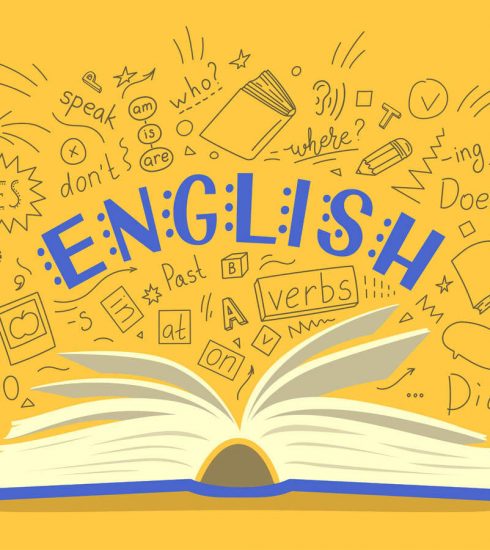Let’s learn English: Early on vs earlier and the wrong phrase, earlier on
It’s another Thursday and it is a delight to come your way once again with a brief English lesson.
Before that however, let’s revise what we learnt last week. We discussed the difference between ‘lose, loose, lost and loss.’
We leant that:
Loose – An adjective which describes a non-fitting apparel
Lose – A verb which means being denied victory
Loss – A state of losing
Lost – the past tense of lose
Click here for that lesson.
Today’s lesson
Today, we will learn the difference between ‘early on’ and ‘earlier’. We will also come to learn that ‘earlier on’ is wrong English and should never be uttered anywhere, ‘delete it from your brain right now!’
Let’s start with early on. It is an adverbial phrase of time; and we know from Primary 5 English that adverbs modify or qualify a verb, adjective or another adverb.
Therefore, early on in its simple usage, modifies or qualifies a verb. In that, it shows the time that an action took place, relative to the time the speaker is speaking.
For instance: Early on in the pageant, contestant number 8 was eliminated.
– We discussed last week’s lesson early on in the article.
– Early on in the week, a high school student died after a short illness when he was neglected by school authorities over Covid-19 fears.
Earlier
Now, let us discuss ‘earlier’. It is the comparative form of ‘early’ and can either be an adjective or an adverb, depending on the words surrounding it.
An example is: An early goal secured victory for the visitors.
The example above is used in the base form. Now to the comparative form ‘earlier.’
– In Wednesday evening’s EPL game, an earlier goal from Liverpool was overturned by two goals from the substandard Arsenal.
It is evident here that, the word earlier is used to describe the goal from Liverpool, relative to those from Arsenal. The earlier in the example, is modifying a noun, therefore, it is working as an adjective.
Earlier can also be an adverb to show the time an event occurred or if you like, to compare the time two events happened. Take the examples below:
– I advertised this piece earlier this evening. – In this example, ‘this evening’ is the time of an event, therefore, earlier which is modifying it is an adverb.
– I arrived at work earlier than my boss. This is also an adverb which is playing an added role of comparison.
From the two discussions, we can see therefore, that early on and earlier cannot be used interchangeably; they are not synonyms so do not make the mistake of using one instead of the other.
‘Earlier on,’ is just a mistake that you are also probably guilty of.
The correct phrase is early on. I hope you stop saying ‘earlier on’ from today.
If there anything I missed or omitted, let me know in the comments section below. If not, any other feedback is welcome.
Let’s now go to the summary.
– Early on: An adverbial phrase used to refer to – in most cases – a brief period before the statement.
– Earlier: An adjective or adverb thatshows an event happened before the other or earlier than expected.
– Earlier on: WRONG ENGLISH.
Consultant/Editor : Faustine Sakwaba
Source - Oswald Azumah








4 Comments
Emansameh
5 years agoThank you Faustine!
I wonder if you can explain the difference between using “early” and “early on” in situations when there is not a definitive date.
Applications to schools have been opened earlier this year so we are seeing these applications as ads everywhere on the internet.
Is it correct here to say:
The race has apparently started early on?
Godfred Gyau Ntow
4 years agoI enjoyed your lesson on early on and earlier . I often wonder why earlier on has become so popular with the masses that no matter how many times you correct them they can’t stop the use of it. Ironically you hear minister of state and some professors who are supposed to know better making this common mistakes. I wonder weather it is because we are not taught this at the formative years of our study of the Queen’s language.
Kings
4 years agoLesson learned and hoping to learn more
Thanks this was so helpful
Senyo
2 years agoThis clarification has been timely. Thanks for educating me.